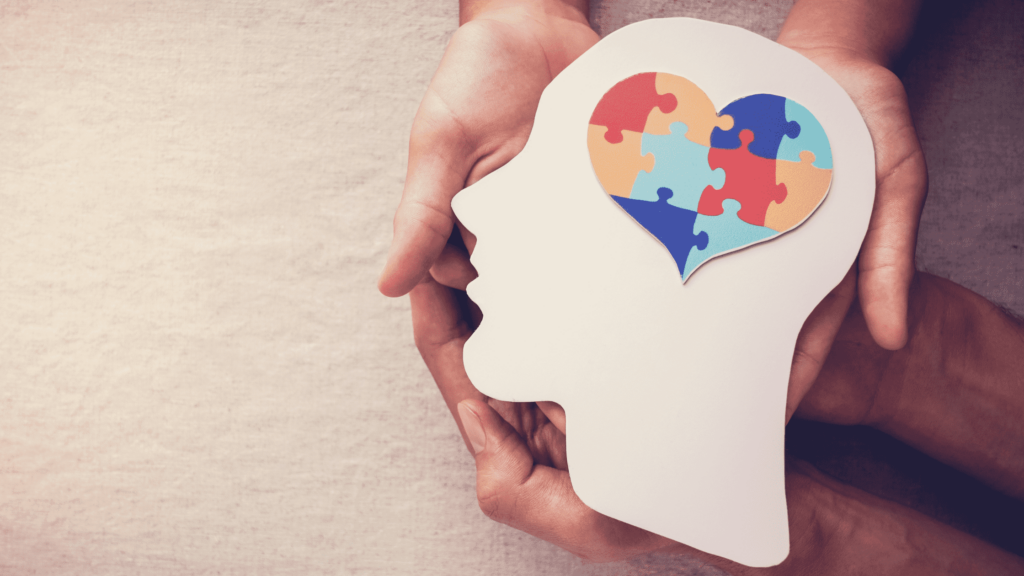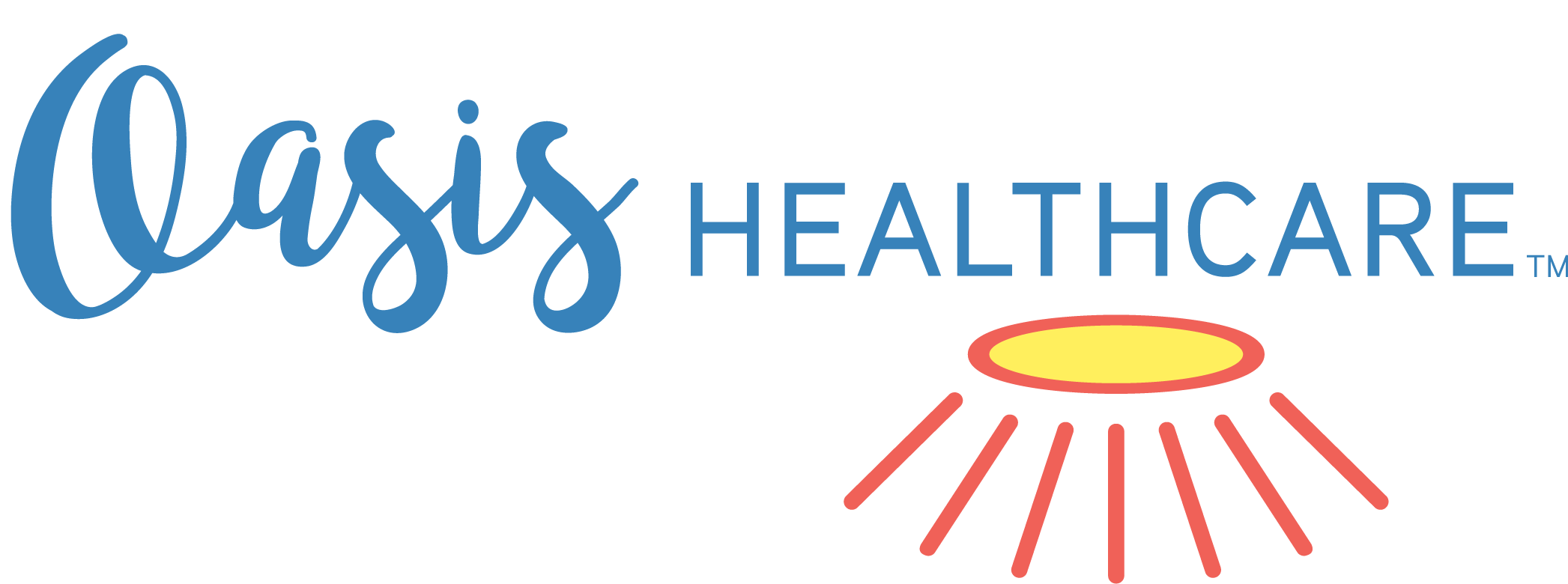Depression Education and Awareness Month
October is Depression Education and Awareness Month, which aims to educate people on how depression impacts individuals and families and to decrease negative connotations associated with this mental illness.
Depression in Hospice and Home Healthcare Settings
Depression can affect anyone, anywhere. Depression in hospice and home healthcare settings is expectantly common. A life-altering diagnosis or the impending loss of life can amplify feelings of hopelessness and isolation. The transition from an independent life to one that requires constant care or special accommodations can trigger feelings of loss of control and dignity. Patients are also often concerned with burdening their families, further contributing to depression.
Home healthcare and hospice workers play a crucial role in educating patients and their families about the emotional aspects of dealing with a life-changing diagnosis or impairment. This guidance is essential as patients navigate the complex emotional terrain accompanying such changes.

Challenges in Diagnosing Depression
It’s essential to recognize the difference between clinical depression and a sad or depressed mood. Yet, identifying depression can be challenging.
Some of the challenges faced by home healthcare and hospice workers in identifying depression in patients include:
- Depression can manifest differently in different individuals.
- Patients might try to mask their depressive symptoms, fearing judgment or wanting to maintain a sense of normalcy.
- Depression symptoms such as fatigue, changes in appetite and sleep disturbances can overlap with those of other medical conditions.
- Patients may hesitate to discuss their emotional struggles.
Our compassionate care teams address the emotional and spiritual needs of the patient and their families, along with physical care. Our interdisciplinary teams create personalized plans, including mental health counseling and bereavement support.
Our social workers can help patients dealing with depression due to a life-changing diagnosis by collaborating with local support groups, therapists, and other mental health professionals to provide comprehensive care.
Our bereavement coordinators can help patients recognize and cope with signs of depression and provide emotional support to family members grieving the impending loss of a loved one.

Therapeutic Techniques
Popular therapeutic techniques used by bereavement coordinators and other mental healthcare providers to treat depression include:
- Cognitive-behavioral therapy (CBT): learning to identify negative thought patterns and working to change them.
- Acceptance and commitment therapy (ACT): using mindfulness techniques to process grief and accept loss.
- Group therapy: individuals gathering to share thoughts and feelings with others who are grieving.
- Creative therapy: providing unique ways to express feelings that might be difficult to vocalize through creative avenues like art or music.
It’s important for mental health professionals to create a supportive environment that encourages open communication and meaningful conversations about feelings of depression while respecting emotional boundaries. Our healthcare professionals continue to seek innovative ways to improve mental health and overall quality of life for their patients and families.


